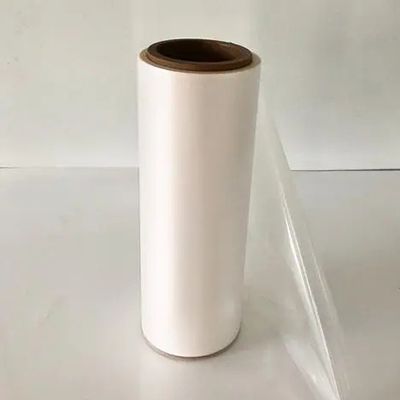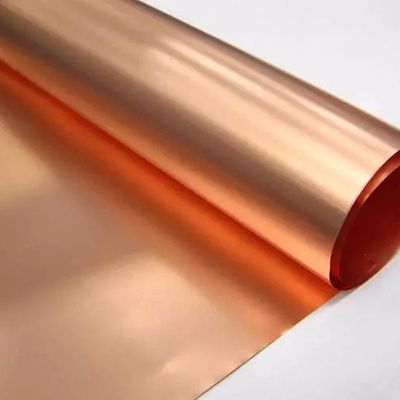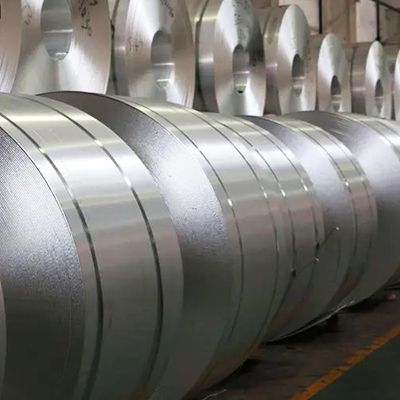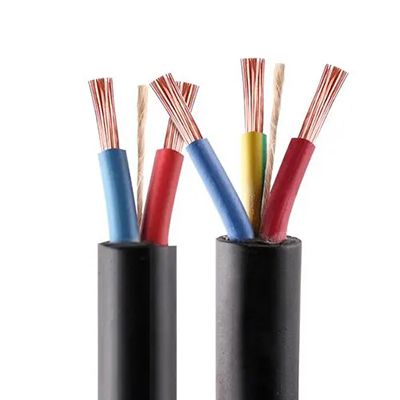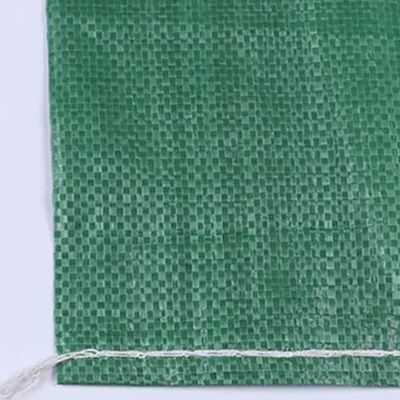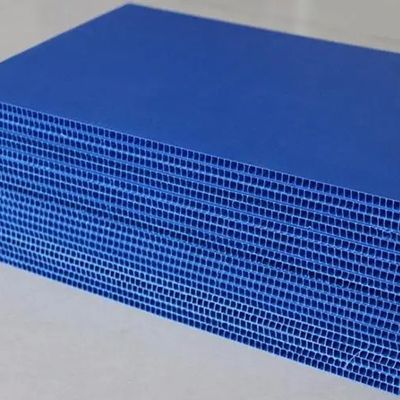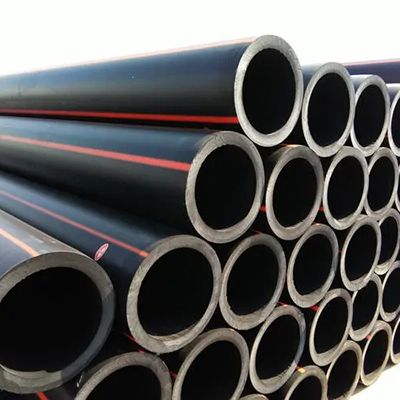
Jacket Pipe is increasingly used for its excellent anti-corrosion and thermal insulation performance. The quality of its anti-corrosion and thermal insulation directly affects the construction of oil field production capacity.
The external polyethylene anti-corrosion layer, characterized by its low surface energy and non-polar nature, presents a challenge in achieving a strong adhesive bond with polyurethane foam. This issue is compounded by the manufacturing process of foam-jacketed pipes, which involves high-temperature formation followed by cooling to ambient temperatures. The typical operational temperature of approximately 80°C further exacerbates the problem, as thermal expansion and contraction induce relative movement between the polyethylene and foam layers. This movement can lead to a 'shell-off' phenomenon, where the layers separate. Damage to the joint or polyethylene layer permits water ingress through existing cracks, creating a pathway along the interface between the polyethylene wall and the foam layer. Subsequent water absorption by the polyurethane foam leads to hydrolysis, generating an acidic environment on the steel pipe's surface and accelerating corrosion.
To improve the anti-corrosion and thermal insulation effects of the foam-jacketed pipe, it is essential to solve the bonding problem between the polyethylene layer and the polyurethane foam layer. The application of high-frequency, high-voltage electricity to the electrodes can cause corona discharge between the poles, producing a large amount of plasma gas and ozone, which act on the surface of the polyethylene layer, increasing its surface tension, and thus bonding the polyethylene layer and the polyurethane foam together.
-
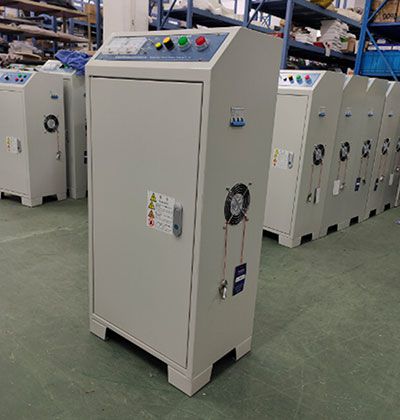
- Corona GeneratorCorona treatment is a surface electric discharge process that enhances the adhesion of plastic or metallized films. Most plastic films (such as polyolefin films) are non-polar polymers with low surface tension. Corona treatment is used to increase the surface energy of these films, as known inks and adhesives cannot adhere firmly to their surfaces in normal conditions.
-
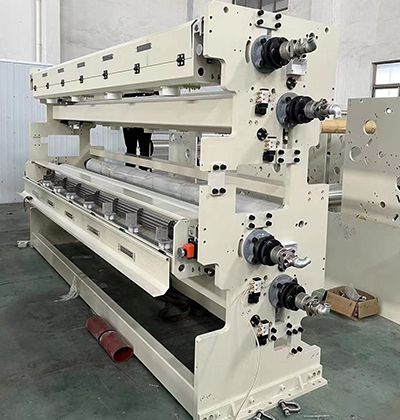
- Corona Treatment StationCorona treatment station, also known as discharge station or discharge treater, is a crucial component of the corona treatment system, commonly used in the corona treatment for materials such as plastic films, metal foils, sheets, and paper. Sanxin offers various types of corona treatment stations for customers to choose from, including double-sided, single-sided, side-open, full-closed, semi-closed, and full-open discharge treaters.

